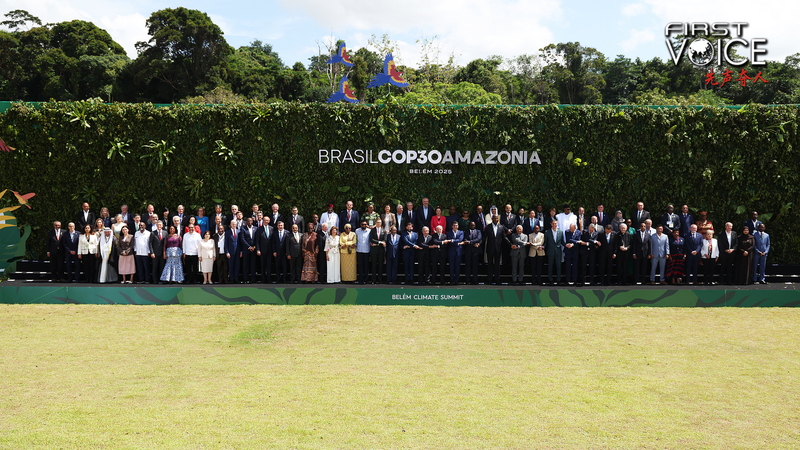As global leaders gather at COP30 in Belém, Brazil, the climate clock is ticking louder than ever. In this high-stakes relay race against global warming, every ambition counts—and China just raised the bar.
During the conference’s early sessions, China unveiled its 2035 Nationally Determined Contributions (NDCs), marking its first absolute emission reduction pledge. This is more than a policy update; it’s a strategic play that will reshape the climate game for decades.
By 2035, China aims to:
- Cut net greenhouse gas emissions to 7–10% below peak levels, with a commitment to “strive to do better.”
- Push non-fossil fuels above 30% of total energy consumption.
- Swell solar and wind capacity to roughly 3,600 gigawatts—six times the 2020 level.
- Grow forest “stock volume” (natural carbon sinks) beyond 24 billion m³.
- Make new-energy vehicles the mainstream of car sales.
- Expand its carbon emissions trading market to cover key heavy-emitting industries.
This NDC package signals China’s shift from intensity-based controls—tracking emissions per unit of GDP—to capping absolute emissions. The targets are baked into upcoming Five-Year Plans, reflecting a “dual-wheel drive” approach: scaling up renewables while tightening coal-fired power limits.
On the industrial side, the strategy is equally bold. Overcapacity in steel and cement is being phased out, even as green-tech champions—electric vehicles, batteries and solar panels—are primed for global leadership.
Meanwhile, the national Emissions Trading System, still evolving, delivers a market-based incentive to thousands of major emitters, driving efficiencies across the board.
With data-driven policies, multi-layered incentives and long-term planning, China’s 2035 NDCs inject fresh momentum into COP30. For young activists, entrepreneurs and tech innovators worldwide, these commitments offer both a roadmap and a challenge: to keep pushing boundaries in the global climate crusade.
As the baton passes to the next generation of climate champions, China’s 2035 pledge shows that ambition isn’t optional—it’s essential for a net-zero future.
Reference(s):
cgtn.com




